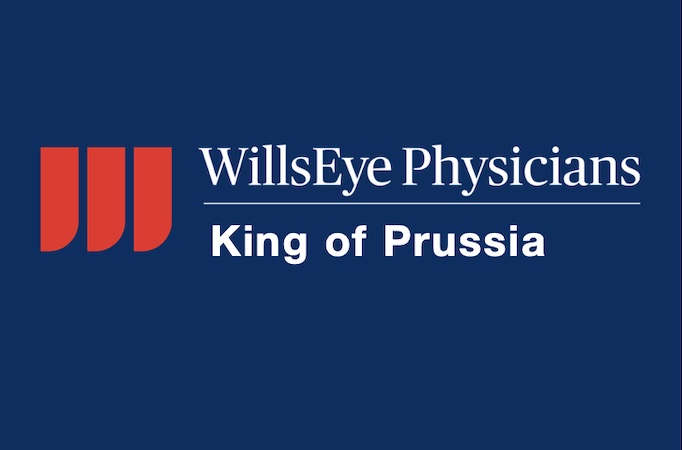DIABETIC EYE DISEASE
The term diabetic eye disease is used to refer to a number of different problems that diabetes can have on the eyes, damaging vision. Patients with diabetes are at an increased risk of developing eye diseases that can cause vision loss and blindness, such as diabetic retinopathy, cataracts and glaucoma. Some serious conditions can develop without vision loss or pain, so it is essential to make regular eye care appointments if you are at risk of diabetic eye disease.
WHAT IS DIABETIC EYE DISEASE?
Diabetic eye disease is a collection of eye conditions and diseases associated with diabetes. Diabetic retinopathy is the most common diabetic eye disease. It causes changes in the blood vessels of the retina, the light-sensitive tissue at the back of the eye, which can lead to blindness. In some cases, blood vessels may swell and leak fluid; in others, abnormal new blood vessels may grow across the retina. If you are affected by diabetic eye disease, you might not notice it at first, but it can cause vision loss over time, usually affecting both eyes.
WHO IS AT RISK?
Anyone with diabetes – type 1 or type 2 – is at risk of diabetic eye disease, and the longer you have diabetes, the higher your risk. Everyone with diabetes should get a dilated eye exam at least once per year. It is also more common in pregnant diabetics, so they should have a dilated eye exam as early on in their pregnancy as possible.
WHAT ARE THE SYMPTOMS?
In early diabetic eye disease, there are often no symptoms – another reason that it is essential to get annual dilated eye exams if you have diabetes. When symptoms do start to occur, they may include blurred vision, eye bleeds and completely blocked vision.
How Is Diabetic Eye Disease Treated?
Because diabetic eye disease can refer to a variety of eye problems caused by diabetes, there is no single treatment. If you have diabetes, annual eye examinations are the best way to ensure you are treated effectively. At Wills Eye Physicians King of Prussia, if you are diagnosed with diabetic eye disease, your doctor will create a personalized treatment plan to provide the best vision care.
To schedule an appointment or learn more, call us at 610-265-1188 or click here.
